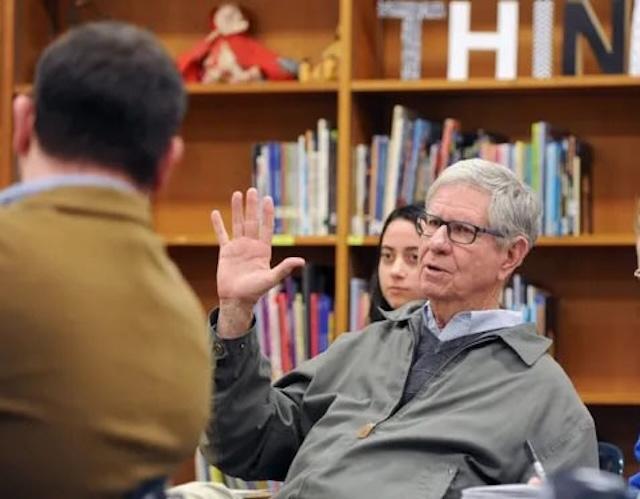I am continuing to share the results of a meeting between a group of citizens in collaboration with the community universities at the Change Center on September 30, 2024.
Last week I shared the concerns and this week, I will present the challenges discussed.
In balancing community and university working together, a question arises: who will do the work on the ground with people who have problems just trying to live when they are not the problem people. This brought up the question: should service workers live in the same community as the people with whom they are working. A point was made by a radical non-interventionist that direct service workers should come from the communities they serve.
To ask who should provide human services, we must look at the organizational structures that house those providers and services. I propose an entry level professional who has core courses, community-based courses and liberal arts courses. This type of education attracts people with objective mindsets, skills and knowledge to do this challenging work.
The words from a wise and experienced community person who gets phone calls at 3 a.m. for a myriad of reasons and has established a program that provides food, shelter and clothing to those who need them: “You would be surprised what a hot meal does; if these kids stand together, they won’t shoot at each other.”
Mental health resources in Knoxville as well as across the country are not adequate to meet the high demand we are realizing. It is not a matter of a person’s financial ability to meet need. All demographics are affected by the lack of adequate mental health resources.
This meeting of concerned citizens was comprised mostly of experienced human service workers. The theme of the meeting was community needs. Two of the presenters were high school students, a brother and sister who are providing service learning through a community organization.
A meeting with an employee of the city mayor’s office was invigorating and informative. Our evening was all about community problems and collaboration.
The meeting ended with concrete plans for some implementation and some planning on the table.
Group work in the community fits with work I have been doing with University Assisted Community Schools. We will fix some things in a meeting that includes gardeners and what they do. The garden will be talked about with professional gardeners who build out the gardens, watersheds and outdoor kitchen. Keep in mind the gardens are useful counseling tools that have been found to help keep children calm as well as providing food within the community.
In a memo to this group, this graduating high school senior stated, “This event will be a great opportunity to network with the speakers and those in attendance.”
And, so it was!
These community conversations are continuing and hope is alive for the work being done to be reported in the next several issues.
Bob Kronick is professor emeritus University of Tennessee. Bob welcomes your comments or questions to rkronick@utk.edu.

